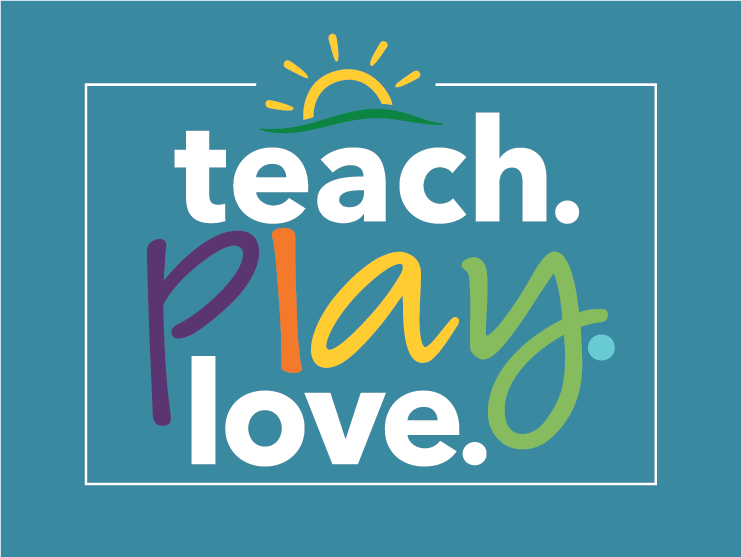The public meltdown: we’ve all been there...or we’ve watched another parent endure it. Children aren’t intentionally trying to cause embarrassment, so why do we feel so uncomfortable? Perhaps it’s because we’re not sure what to do. We might fear judgment or worry about offending a parent if we try to help. But sometimes, we need to push past feelings of discomfort and just do something.
Consider the following true story: A mother with her toddler navigated the produce aisle of a crowded grocery store. The toddler, sitting in the grocery cart, began to wiggle, obviously tired of shopping. He reached for a carton of grapes and knocked them to the floor. The carton opened and grapes spewed everywhere.
The surprised toddler began howling. His mother, flushed, seemed unsure what to do. She talked softly to the child and pulled him close, but he continued to cry, his voice escalating. Nearby shoppers seemed equally hesitant. Most averted their eyes and tried to ignore the situation. A few frowned. Another woman suddenly left her cart and began picking up the spilled grapes. She smiled at the toddler and his mother and said, “I have four kids. I’ve been there.” With these words, the mom relaxed, the toddler stopped crying, and nearby shoppers continued on their way. One shopper approached the woman picking up the grapes. She said, “That was so nice of you. None of us were sure what to do.”
Let’s face it—parenting can be hard. Supporting a young child through a challenging situation is tough; but feeling judged or alone makes it doubly hard. It doesn’t have to be that way, though.
Connecting with Other Parents: How Can You Provide Empathy & Support?
As parents, we can eschew the current tendency toward blaming and judging each other. To encourage community parenting, we can make a conscious effort to view other parents and families with empathy and compassion with these three ideas for connecting with other parents:- Assume positive intent.
- Recognize differences in parenting styles.
- Support other families with simple gestures.
Recognize differences in parenting styles. Social media has made it so easy to compare and divide. And controversy tends to garner attention. Breast or bottle? Cloth or disposable? Co-sleeping or crib? Store-bought or homemade baby food? And it goes on and on. Even before the birth of social media, parents drew battle lines over parenting decisions, but do they really matter? In the book Our Babies, Ourselves, anthropologist Meredith F. Small explores how parenting practices vary from culture to culture. She asserts that children can adapt to a wide range of parenting styles: “Every act by parents, every goal that molds that act, has a foundation in what is appropriate for that particular culture. In this sense, no parenting style is ‘right’ and no style is ‘wrong.’ It is appropriate or inappropriate only according to the culture.”
Support other families with simple gestures. Parenting is the only job in the world in which we’re expected to reach mastery with absolutely no experience. As parents, we feel immense pressure to “get it right” immediately. But bringing home a baby or child, whether through birth or through adoption, is just the first step in the evolution of becoming a parent. Parenting skills develop over time. The most helpful approach is to be patient with ourselves and with others. We can offer an empathetic smile, lend a listening ear, offer to babysit, or merely refrain from making a judgment. Every time we encounter another parent, we have a choice – to judge or support. Let’s choose to nurture each other in our communities. Parenting is too big and important a job to go it alone.
More on Community Parenting
- Parents are constantly bombarded with advice (sometimes unsolicited) on what good parenting looks like. Here are some tried and true tricks for dealing with parent peer pressure.
- As busy parents, some weeks it seems like finding time for everything in the schedule can be a challenge, but it’s important to prioritize your own relationships too. Here are tips for maintaining friendships as a working parent.





